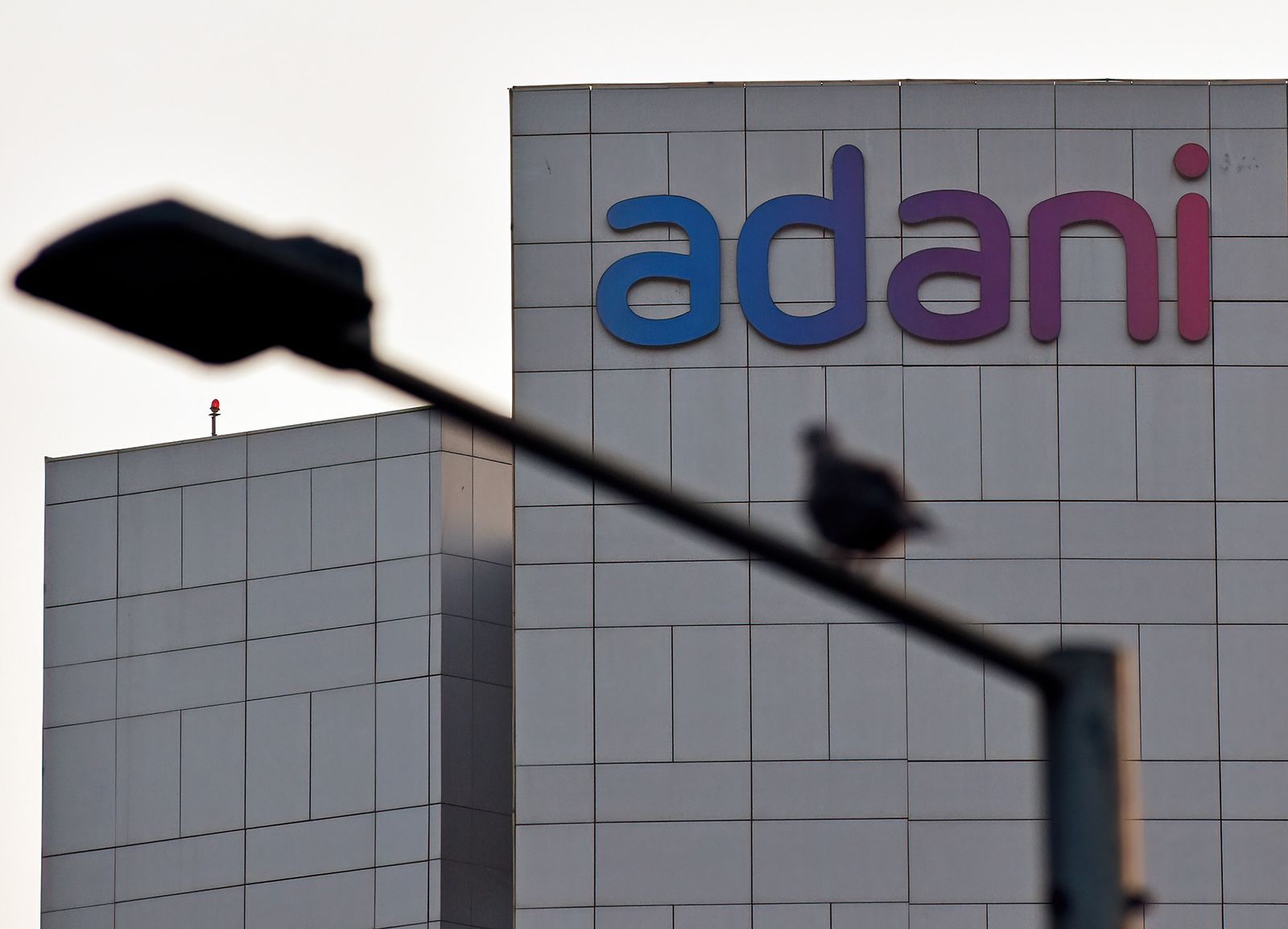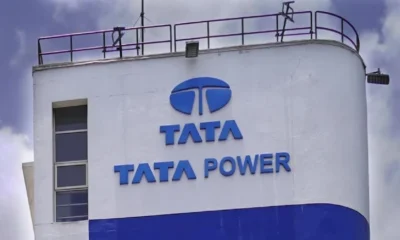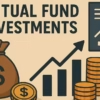Sebi, “seems more interested in pursuing those who expose such practices” while its research into billionaire Gautam Adani’s empire has hit a fence, Hindenburg said in a report on its website Monday.
Hindenburg’s Allegations and SEBI’s Response
Hindenburg Research has publicly criticized India’s markets regulator, the Securities and Exchange Board of India (SEBI), for its handling of alleged fraud within the Adani Group.
In a statement on its website, the US-based short-seller accused SEBI of being more interested in targeting those who expose fraudulent practices than in addressing the allegations themselves.
The criticism follows SEBI’s June notice to Hindenburg, which claimed that Hindenburg’s January 2023 report on the Adani Group contained misrepresentations and inaccuracies intended to mislead readers.
Financial Gains from the Report
Hindenburg’s controversial report, which alleged widespread corporate malfeasance within the Adani Group, earned the firm gross revenues of about $4.1 million from gains related to shorting Adani stocks.
These gains came from “one investor relationship,” which Hindenburg did not name, and an additional $31,000 from shorting Adani U.S. bonds.
Despite Adani Group’s repeated denials of the allegations, the report led to a significant market rout, with the conglomerate’s listed companies losing more than $150 billion in market value at one point. However, the Adani Group has since recovered the bulk of these losses.
SEBI’s Alleged Oversight
Hindenburg’s statement highlighted SEBI’s failure to identify a key party involved in the shorting episode: Kotak Mahindra Investments Ltd. (KMIL).
According to Hindenburg, KMIL created and oversaw the offshore fund structure used by Hindenburg’s investor partner to bet against Adani.
Hindenburg accused SEBI of masking Kotak’s name with the acronym “KMIL” in its notice, thereby neglecting its duty to protect investors and instead shielding those perpetrating fraud.
Hindenburg’s Broader Criticism
Hindenburg’s latest statement underscores its frustration with SEBI’s investigation into the Adani Group. The short-seller argued that SEBI’s actions, or lack thereof, suggest a greater interest in silencing whistleblowers than in upholding market integrity.
By allegedly protecting corporate malfeasance, SEBI is failing its responsibility to safeguard investors, Hindenburg asserted.
In summary, Hindenburg Research has openly challenged SEBI’s handling of its allegations against the Adani Group, calling for more transparency and accountability from the regulator.
As the investigation continues, the tension between the short-seller and India’s market regulator highlights the complexities and challenges of enforcing corporate governance in global markets.
































